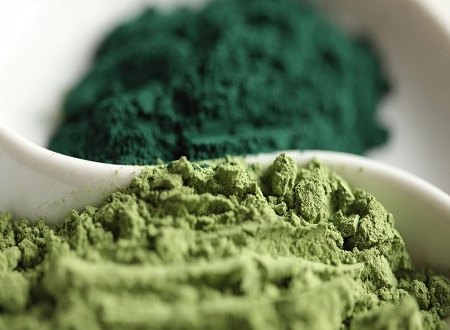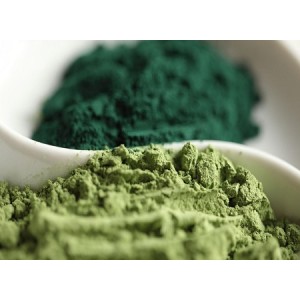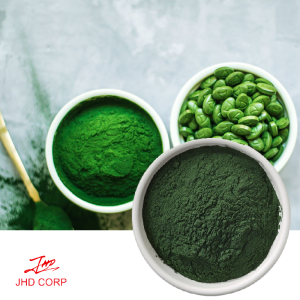Effects of Spirulina Powder on the Digestive System
Spirulina powder is a type of blue-green algae that has been gaining popularity in recent years due to its numerous health benefits. One area of interest is its effects on the digestive system.
Research has shown that organic spirulina powder may help improve digestive health by promoting the growth of beneficial gut bacteria. These bacteria play an important role in maintaining a healthy gut microbiome, which is essential for proper digestion and overall health.
In addition, spirulina powder has been shown to have anti-inflammatory properties, which can help reduce inflammation in the gut and alleviate symptoms of digestive disorders such as irritable bowel syndrome (IBS) and inflammatory bowel disease (IBD).

Spirulina powder is also rich in fiber, which is important for maintaining healthy bowel movements and preventing constipation. Fiber helps to bulk up the stool and promote regularity, which can help prevent digestive issues such as bloating and gas.
Furthermore, spirulina powder contains a variety of nutrients that are important for digestive health, including vitamins A, C, E, and B vitamins. These nutrients help to support the digestive system and promote overall health and wellness.
It is important to note that while spirulina powder may have beneficial effects on the digestive system, it should not be used as a replacement for medical treatment for digestive disorders. If you are experiencing symptoms such as abdominal pain, bloating, or diarrhea, it is important to consult with a healthcare professional to determine the underlying cause and appropriate treatment.
In conclusion, spirulina powder manufacturers may have beneficial effects on the digestive system by promoting the growth of beneficial gut bacteria, reducing inflammation, and providing important nutrients. Incorporating spirulina powder into a healthy diet may help support digestive health and overall wellness.















